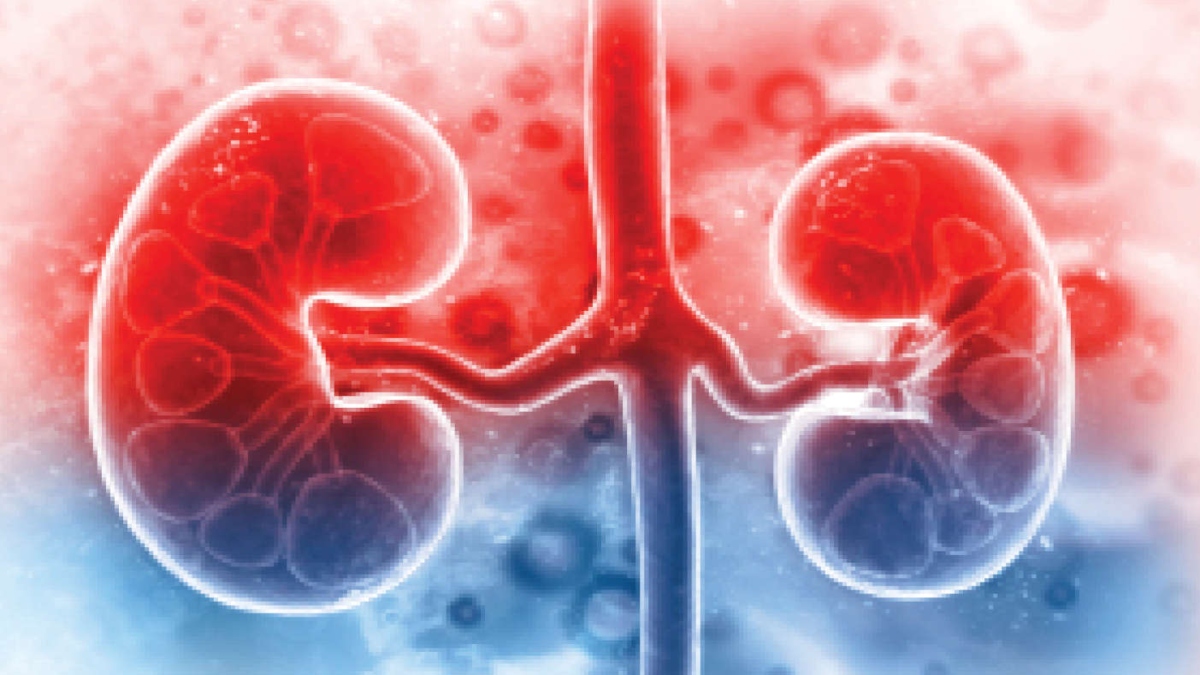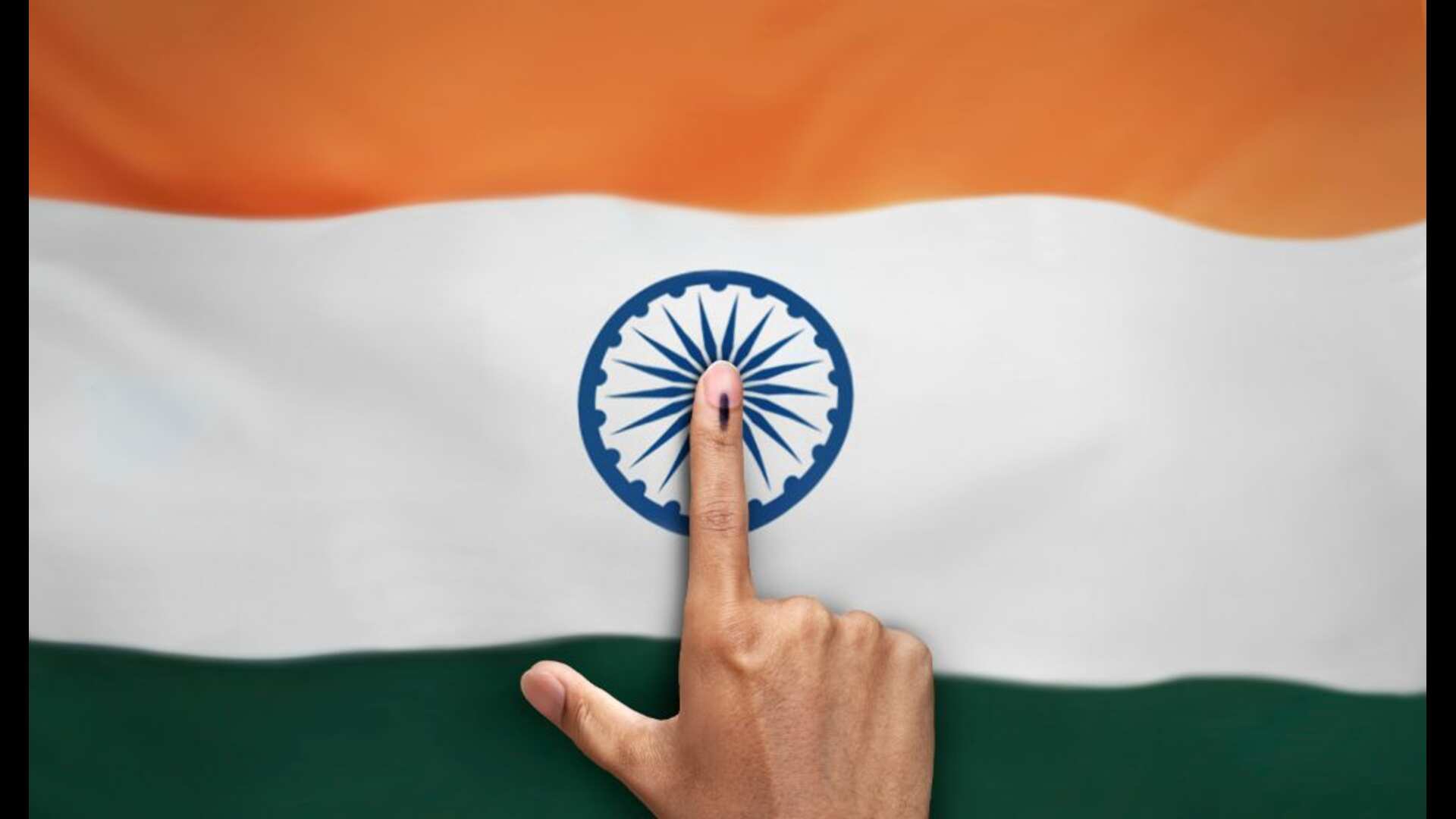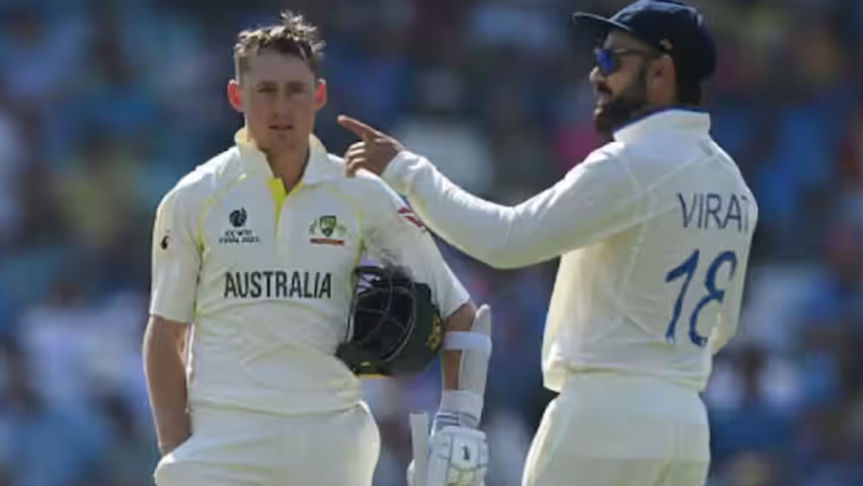
A health ministry official said on Wednesday that nearly 100 children in Indonesia have died from acute kidney injury (AKI) so far this year, as a team of experts investigates the rise in cases.
The increase in fatalities coincides with the Gambia’s government’s investigation into the deaths of 70 children from AKI caused by paracetamol syrups used to treat fever that contained excessive levels of diethylene glycol and ethylene glycol.
According to officials at Indonesia’s food and drug agency, those products were not available locally, and the ingredients in them were now banned from all child medicinal syrups sold in the country.
As of October 18. According to Mohammad Syahril, a health ministry spokesperson, Indonesian authorities have identified 206 cases of AKI among children, with 99 deaths.
“As a preventive measure, the ministry has asked all health workers in all health facilities to temporarily stop prescribing or providing any liquid or syrup medication until our research and investigation is completed,” he told a news conference, adding that 65% of cases had been treated in Jakarta.
According to him, the ministry has purchased specialised AKI medications to address the surge, while an investigation into the cause is ongoing.
Indonesia has formed an expert team comprised of local health and paediatrics officials as well as World Health Organization (WHO) representatives to investigate the AKI spike among children. WHO experts were consulted as they investigated cases in Gambia.
A health ministry letter dated Oct. 18 and obtained by Reuters requested that hospitals collect all medicines given to children admitted with AKI by their families so that toxicology tests could be performed.
In the same letter, it was stated that chemists should stop selling syrup-based medicines until further notice.















